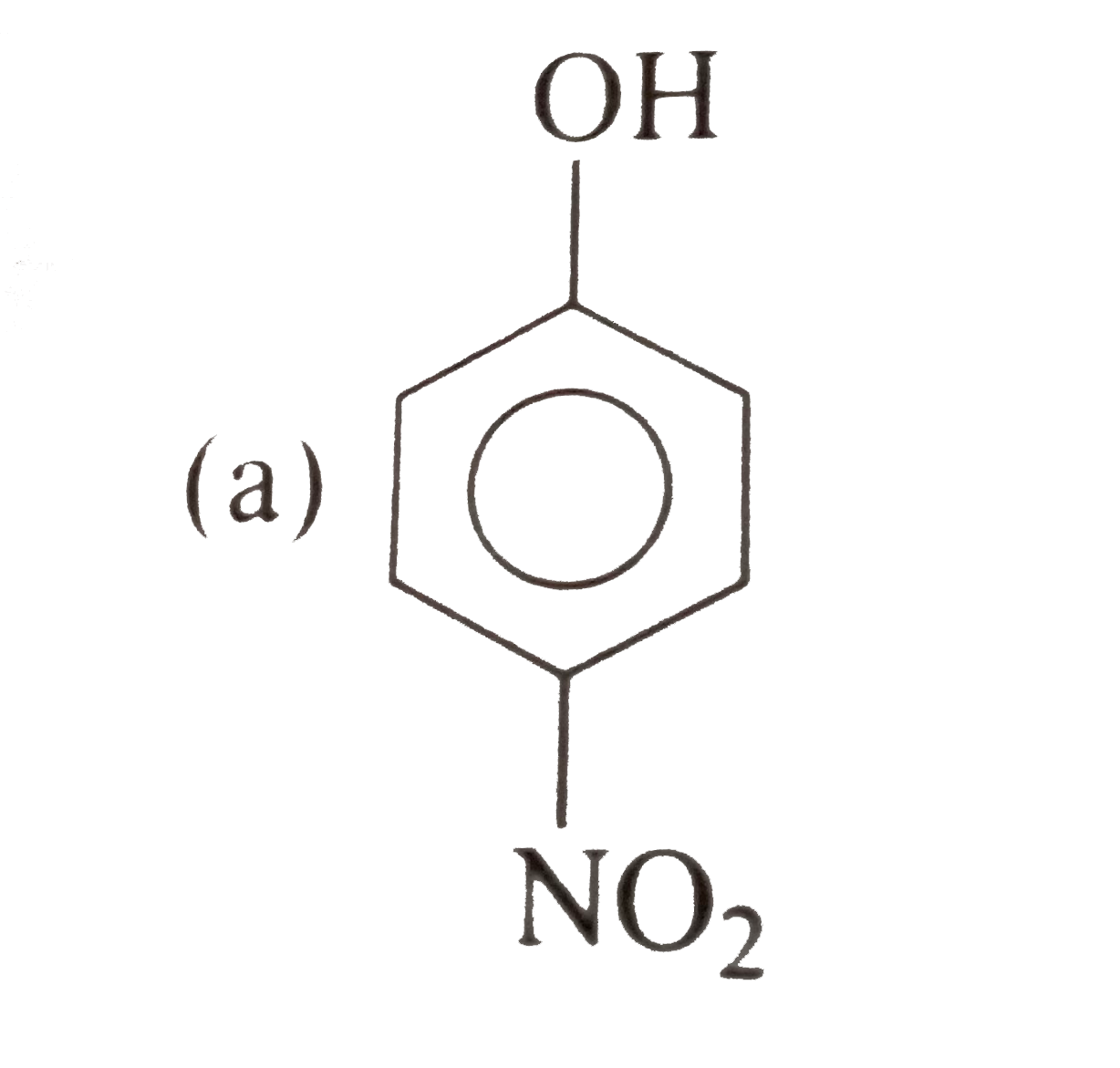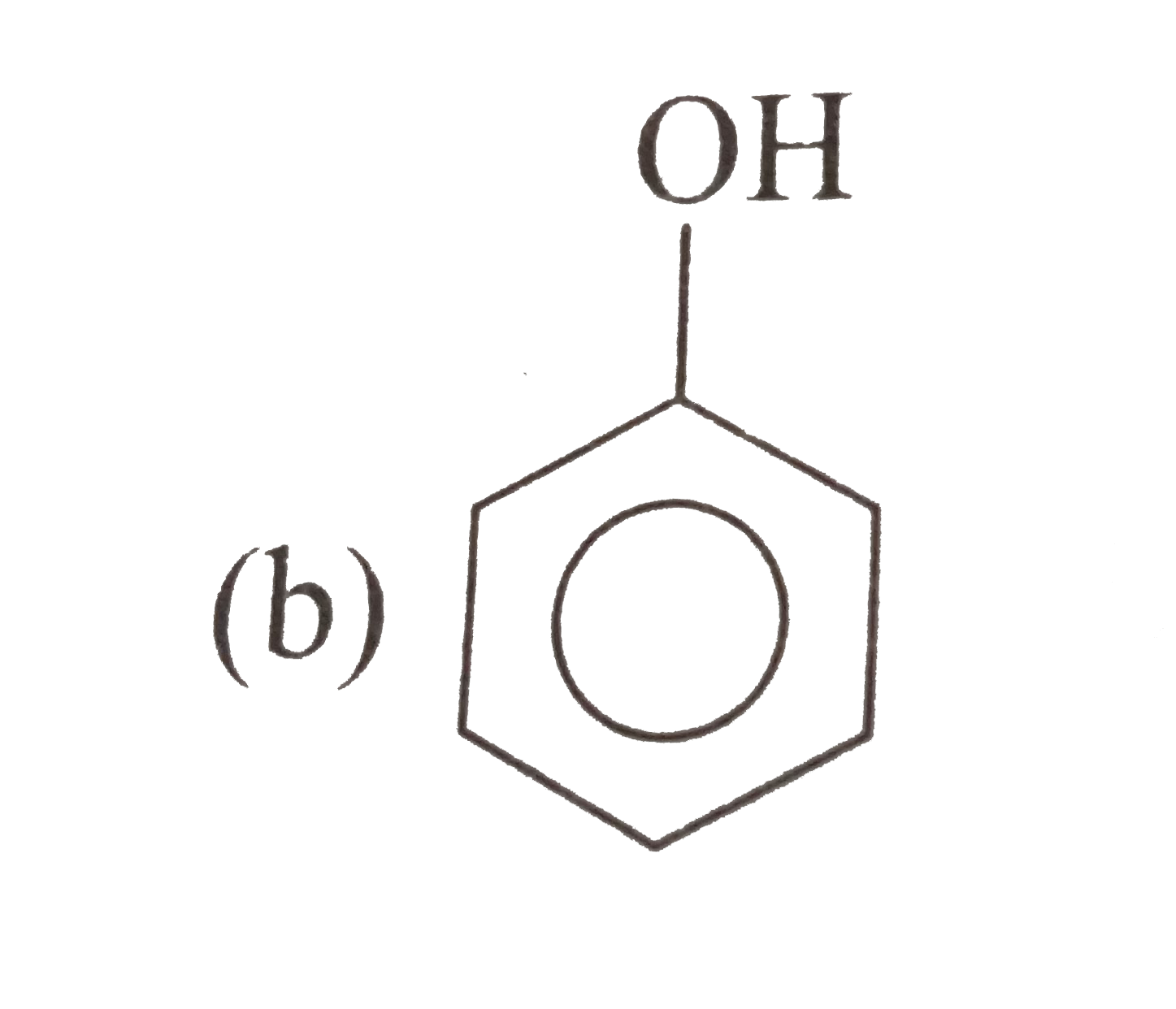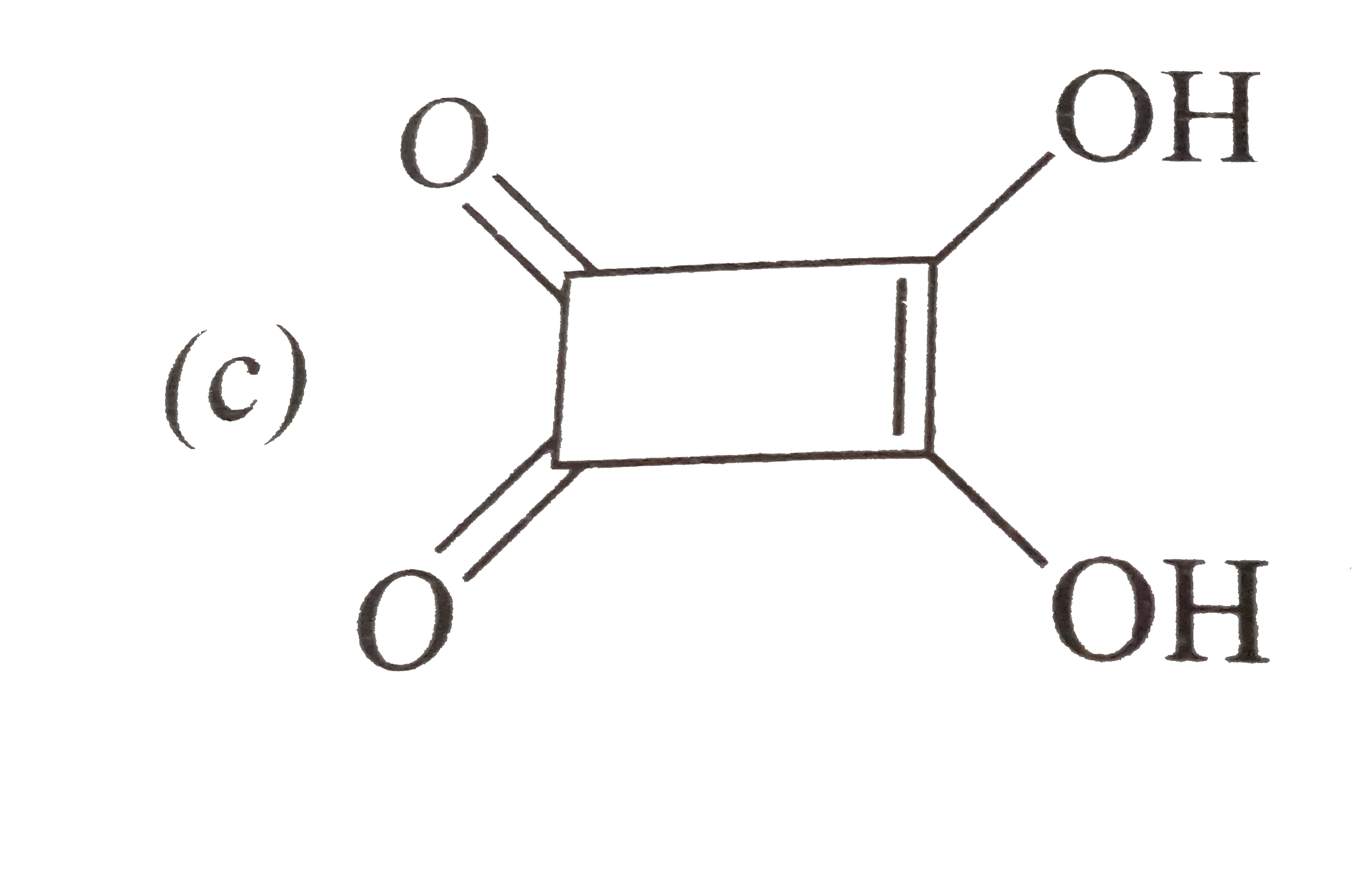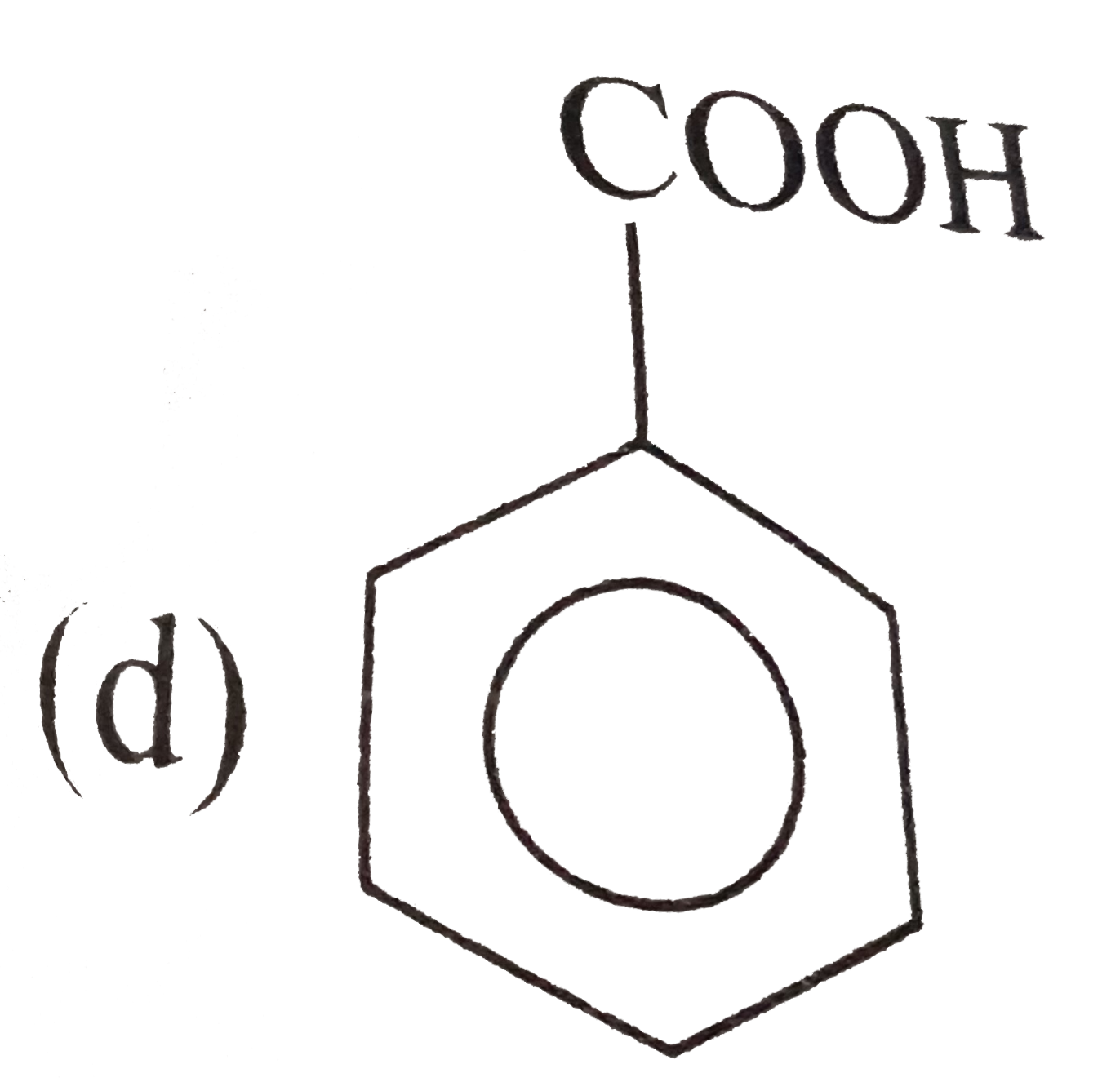Which one of the following compounds will liberate CO2, when treated with NaHCO3?
CH3⊕NH3ΘCl
(CH3)4⊕NΘOH
CH2−O∣∣C−NH2
CH3NH2
To determine which compound will liberate carbon dioxide (CO₂) when treated with sodium bicarbonate (NaHCO₃), we need to analyze the reactions that occur between the compounds and NaHCO₃.
1. Understanding Sodium Bicarbonate (NaHCO₃):
Sodium bicarbonate is a weak base and reacts with acids to produce carbon dioxide gas. The general reaction can be represented as:
Acid+NaHCO3→Salt+Water+CO2↑
Therefore, we need to identify if any of the given compounds can act as an acid.
2. Analyzing the Given Compounds:
Let's consider the options provided (assuming they are typical compounds that might be tested):
- A: CH₃NH₂ (Methylamine)
- B: CH₃COOH (Acetic acid)
- C: CH₃OH (Methanol)
- D: CH₃CH₂OH (Ethanol)
3. Identifying Acids:
- CH₃NH₂ (Methylamine): This is a weak base (an amine) and will not liberate CO₂ when treated with NaHCO₃.
- CH₃COOH (Acetic acid): This is a weak acid and will react with NaHCO₃ to produce CO₂.
- CH₃OH (Methanol): This is an alcohol and does not act as an acid; it will not liberate CO₂.
- CH₃CH₂OH (Ethanol): Similar to methanol, this is also an alcohol and will not liberate CO₂.
4. Conclusion:
The only compound that will liberate CO₂ when treated with NaHCO₃ is acetic acid (CH₃COOH). Therefore, the correct answer is:
B: CH3COOH
Sodium bicarbonate is a weak base and reacts with acids to produce carbon dioxide gas. The general reaction can be represented as:
Acid+NaHCO3→Salt+Water+CO2↑
Therefore, we need to identify if any of the given compounds can act as an acid.
Let's consider the options provided (assuming they are typical compounds that might be tested):
- A: CH₃NH₂ (Methylamine)
- B: CH₃COOH (Acetic acid)
- C: CH₃OH (Methanol)
- D: CH₃CH₂OH (Ethanol)
- CH₃NH₂ (Methylamine): This is a weak base (an amine) and will not liberate CO₂ when treated with NaHCO₃.
- CH₃COOH (Acetic acid): This is a weak acid and will react with NaHCO₃ to produce CO₂.
- CH₃OH (Methanol): This is an alcohol and does not act as an acid; it will not liberate CO₂.
- CH₃CH₂OH (Ethanol): Similar to methanol, this is also an alcohol and will not liberate CO₂.
The only compound that will liberate CO₂ when treated with NaHCO₃ is acetic acid (CH₃COOH). Therefore, the correct answer is:
B: CH3COOH
Topper's Solved these Questions
- JEE MAINS 2021BOOK - JEE MAINS PREVIOUS YEARCHAPTER - JEE MAINS 2021EXERCISE - CHEMISRY (SECTION-B)
9 Videos
- JEE MAINS 2021BOOK - JEE MAINS PREVIOUS YEARCHAPTER - JEE MAINS 2021EXERCISE - CHEMISTRY
30 Videos
- JEE MAINS 2021BOOK - JEE MAINS PREVIOUS YEARCHAPTER - JEE MAINS 2021EXERCISE - CHEMISTRY (SECTION-B)
10 Videos
- JEE MAINS 2020BOOK - JEE MAINS PREVIOUS YEARCHAPTER - JEE MAINS 2020EXERCISE - CHEMSITRY
25 Videos
- JEE MAINS 2022BOOK - JEE MAINS PREVIOUS YEARCHAPTER - JEE MAINS 2022EXERCISE - CHEMISTRY (SECTION-B)
10 Videos
Similar Questions
Knowledge Check
Which of the following compound cannot liberate CO2 when treated with NaHCO3
A BCH3CO2HCHCO2HD
BCH3CO2HCHCO2HD
Which of the following compound will not liberate CO2 on reaction with NaOH?
A B
B C
C D
D
Which of the following compounds would not evolve CO2 when treated with NaHCO3 solution?
ASalicylic acidBPhenolCBenzoic acidD4-Nitrobenzoic acid
Out of the following compounds which produce CO2 gas when treated with NaHCO3 ?
(i) Phenol (ii) 2, 4, 6-Trinitrophenol
(iii) Acetic acid (iv) 2, 4, 6-trimethylphenol.
(v) Ethyl alcohol.
View SolutionWhich of the following compounds does liberate CO2 from NaHCO3?
View SolutionWhich of the following compounds are soluble in NaHCO3?
View SolutionWhich of the following compounds are soluble in NaHCO3?
View SolutionWhich of the following will liberate CO2 on reaction with NaHCO3 ?
View Solution
